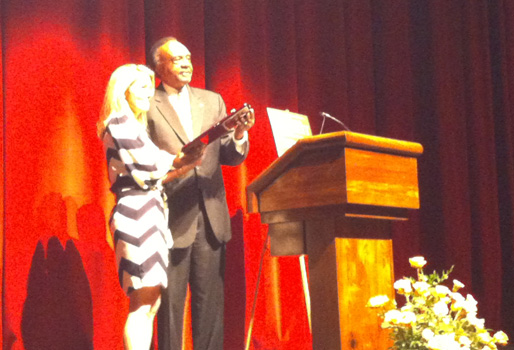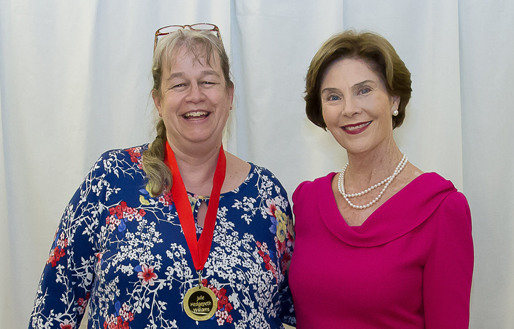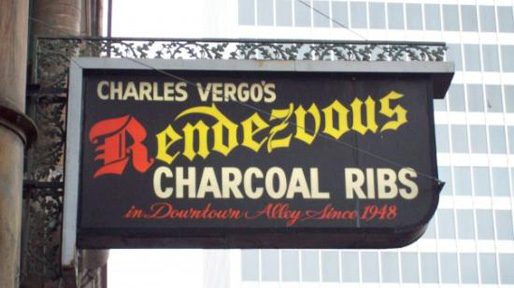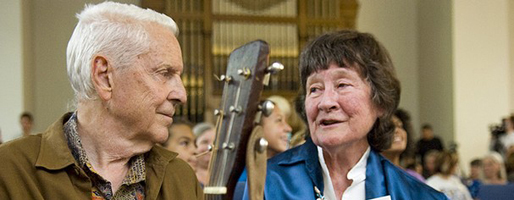Author Julie Williams sent this missive from her recent appearance at the Cherry Blossom Festival in Marshfield, Mo.
It’s darn hard for a reporter to keep a secret.
True, 100 percent of journalists will be asked to keep something off the record, and generally 99 percent of them will do so. But when the secret involves yourself, it’s another matter entirely.
I write this from the tiny town of Marshfield, Mo., population about 4,000. And yet the town every year invites celebrities and historic figures — and people like me — to the annual Cherry Blossom Festival. This year the Cherry Blossom Committee somehow got hold of my book, A Rare Titanic Family, read it, liked it, and contacted me with the information that I had won the festival’s Ella Dickey Literacy Award. The award honors books that have preserved history.
I had never heard of the festival so asked politely where it was. When I was told it was in Marshfield, Mo., I Googled the town and found it wasn’t all that far from my two sisters’ homes. “How nice that a little town wants to give me an award.” I thought naively. “I guess I’ll accept, since maybe I can see my sisters when I’m up there.”
And then the e-mails and Facebook posts started pouring in about the Cherry Blossom Festival. Descendants of presidents would be there. Stars of The Andy Griffith Show would be there (some of them, anyway), as well as some stars of The Waltons. Queen Elizabeth’s cousin would be there, too. Rev. Billy Graham’s daughter would lead the Prayer Breakfast, and Laura Bush, the former first lady, would speak.
As I found out purely by chance, six of us would share the Ella Dickey Award, including Laura Bush.
Having learned much about PR and advertising as a practical matter of publicizing my books, I did a dance about this unique publicity opportunity. I’d tell the world in a press release that I’d won the same award as Laura Bush!
“Oh, don’t do that!” Nicholas Inman begged. Inman is the organizer of this festival, an aficionado of the presidents and celebrities who is fearless about contacting people in those lines of work and persuading them to come to Marshfield. “Mrs. Bush doesn’t know she’s won the award yet.”
Thus began the weeks-long process of biting my lip to keep that secret. Loose lips sink ships, you know. But it was excruciatingly hard.
I at least consoled myself that Mrs. Bush and I would be standing on the same platform with the same medal draped around our necks, and our picture would therefore be taken together.
“No,” Inman said sadly. “Mrs. Bush can’t be there for the award ceremony. She’s flying in to speak at a gala dinner after your ceremony, and she won’t get her award till then.” Aha! That explained why she didn’t know about the award — and wouldn’t till she got there.
He brightened up and added, “But you’re welcome to come to the gala dinner!”
The dinner cost $150, which is certainly not the kind of thing I normally find in my meager wallet. I told that to Inman, who had a great idea. “Say! You teach journalism!” he said. “Why don’t you apply for press credentials to cover Laura Bush!”
What a great idea! The Crimson was good enough to place me on staff and assign me the story as a faculty profile piece. Now I could get in to Laura Bush’s event! Even better, Inman pulled some strings so I could have my picture taken one on one with Laura Bush by a professional photographer.
Dennis Jones, my colleague in the JMC Department, is retiring, and I had to ditch his retirement party in order to cover Laura Bush. He said, “Tell Laura for me that I love her.”
“I will, Dennis,” I promised.
As I found out quickly, the Secret Service was wound up tighter than a top and ready to spring into action. It made me feel slightly guilty somehow in everything I did. I was supposed to turn my camera in to be vetted, apparently to make sure it was not booby-trapped, but the very hour the camera was to go to the Secret Service, I was in my award ceremony. My camera stayed with me — it’s rude to run out on one’s own award ceremony, after all. That meant I wouldn’t be taking any photos myself.
At least, I told myself, I’d have my picture professionally taken with the former first lady.
I trekked through rain and then hail to the community building behind the local high school, where the Secret Service was letting in a few people at a time for the photo op with Mrs. Bush. A Belgian shepherd police dog stood in the door, making sure everyone behaved.
I stood in line behind Jim-Bob from The Waltons and had no trouble talking to him at all. It’s trendy here for all award-winners to wear their medals, and he politely commented on my medal, and I chatted with him and found out what he’s up to — he doesn’t act any more and doesn’t recommend it.
Then it was my turn. Laura Bush, graciously smiling for the endless string of well-wishers and remaining perfectly coiffed in spite of the hail, her pink dress and pearls looking not a millimeter out of place, greeted me graciously and indicated that she had noticed my medal. I started to say, “I won the same award as you, and I’m so proud of that!” when I realized she wasn’t wearing a medal and clearly hadn’t gotten hers yet. It was still a dead secret! “Don’t say it!” I screamed to myself.
As I was already halfway through the sentence, I croaked out, “I won an award.” What a stupid thing to say!
I sought to salvage the moment by adding, “My colleague Dennis Jones is retiring, and his retirement wish was that I give you the message that he loves you.” Just at that moment, the professional photographer said, “Smile!” and we turned to face the camera with a smile.
The light flashed, and Laura Bush turned back to me and said, puzzled, “Your dentist loves me?”
So yes, I sounded like a babbling idiot to the former first lady. She was very gracious and, I reassured myself, had probably heard such babbling before.
But we got the same award. And I kept the secret. I hope that counted for something.
Read a press release from the American Journalism Historians Association about Williams’s award.
A Rare Titanic Family: The Caldwells’ Story of Survival, about relatives of Williams who survived the sinking of the Titanic and how it affected their later life, is available from NewSouth Books, Amazon, or from your favorite bookstore.
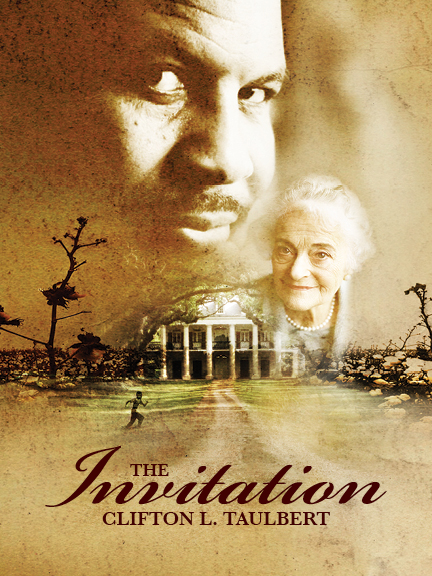 In his new book The Invitation, best-selling author and inspirational speaker Clifton Taulbert describes the transformative experience he had in accepting a professional invitation to supper in Allendale, South Carolina. Accompanied by haunting childhood memories of segregation in the form of “Little Cliff,” Taulbert courageously faces the feelings that have come to the surface (and the table) in this captivating memoir that returns to the themes of his award-winning book Once Upon a Time When We Were Colored. A feast of reviews and interviews in Taulbert’s current hometown of Tulsa, Oklahoma, has been set in preparation for the book’s debut as well.
In his new book The Invitation, best-selling author and inspirational speaker Clifton Taulbert describes the transformative experience he had in accepting a professional invitation to supper in Allendale, South Carolina. Accompanied by haunting childhood memories of segregation in the form of “Little Cliff,” Taulbert courageously faces the feelings that have come to the surface (and the table) in this captivating memoir that returns to the themes of his award-winning book Once Upon a Time When We Were Colored. A feast of reviews and interviews in Taulbert’s current hometown of Tulsa, Oklahoma, has been set in preparation for the book’s debut as well.